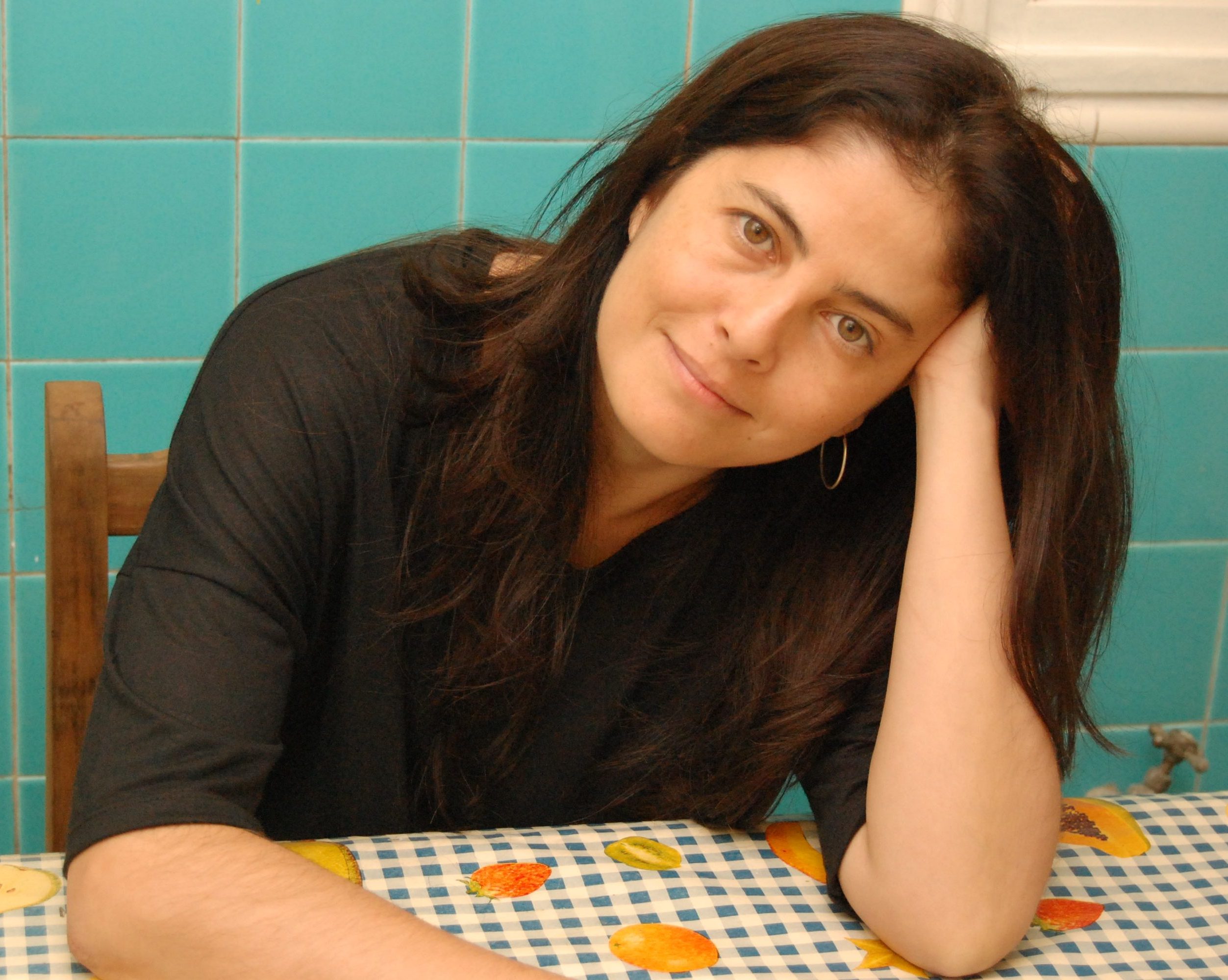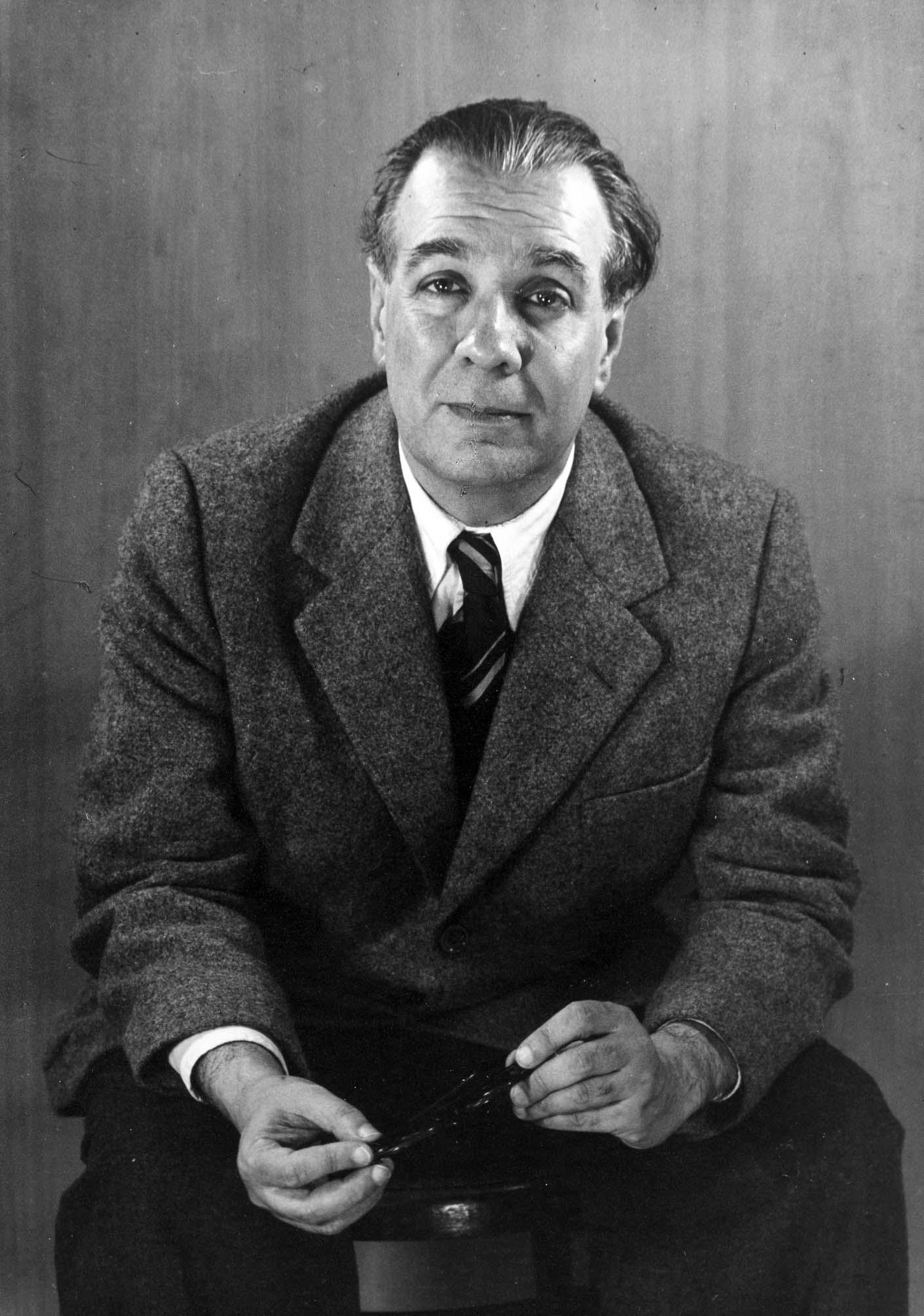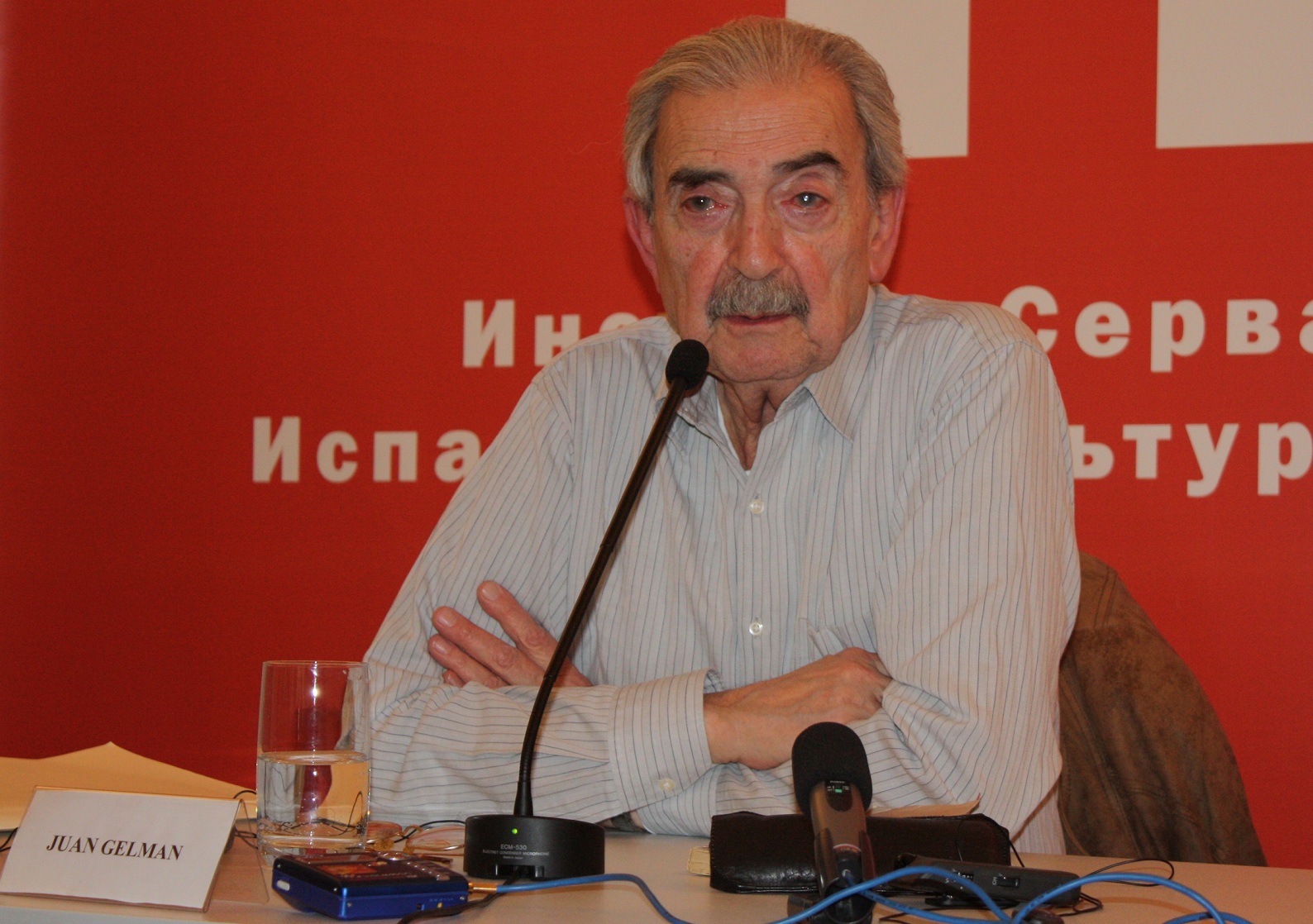Discover our guide to the best Argentinian authors. Delve into topics such as social injustice, political corruption, and economic struggles.
Argentinian literature is rich and diverse; these novels reflect Argentina’s culture, history, and people. From the early colonial period to the present day, the best Argentinian writers have produced a wide range of literature, including fiction, non-fiction, and poetry. Argentinian literature is known for its experimentation, innovation, and themes of identity, memory, and social and political issues.
Many of the best Argentinian authors have gained international acclaim for their works, and their contributions have helped shape modern literature’s landscape. Argentinian literature has something for everyone, whether you are a fan of traditional narrative forms or more experimental styles. If you’re interested in authors from around the world, check out the best American authors.
Contents
- Here Are The 12 Best Argentinian Authors
- 1. Alejandra Pizarnik, 1936 – 1972
- 2. Selva Almada, 1973 –
- 3. Agustina Bazterrica, 1974 –
- 4. Claudia Piñeiro, 1960 –
- 5. Jorge Luis Borges, 1899 – 1986
- 6. Ernesto Sábato, 1911 – 2011
- 7. Manuel Puig, 1932 – 1990
- 8. Cesar Aira, 1949 –
- 9. Alberto Manguel, 1948 –
- 10. Juan Gelman, 1930 – 2014
- 11. Mariana Enriquez, 1973 –
- 12. Sylvia Molloy, 1938 – 2022
Here Are The 12 Best Argentinian Authors
1. Alejandra Pizarnik, 1936 – 1972

Alejandra Pizarnik was an Argentinian poet and translator, born in Buenos Aires. She struggled with depression and substance abuse throughout her life, which is reflected in her body of work. Pizarnik is known for her deeply personal and often disturbing poetry, which deals with themes of identity, gender, and mental illness. One of her books of poetry that sheds light on her struggles is Extracting the Stone of Madness. She ultimately took her own life at the age of 36.
Pizarnik was a prolific writer, publishing several collections of poetry and a novel during her lifetime. Pizarnik was also a translator and translated works by poets such as Sylvia Plath, Robert Lowell, and Emily Dickinson into Spanish. Despite her relatively short career, Pizarnik is considered one of the most important Latin American poets of the 20th century.
“I drank to see him again at the bottom of your wine.”
Alejandra Pizarnik
2. Selva Almada, 1973 –

Selva Almada is an influential writer of Latin American literature, born in the town of Villa Elisa in the province of Entre Rios in Argentina. Her works have been published in several languages, including Spanish, Portuguese, French, and Dutch. She was a finalist for the Tigre Juan Award in Spain and a nominee for the Rodo Walsh Award.
After studying in Parana and Buenos Aires, she moved to Buenos Aires. Since then, she has frequent trips to the Chaco Province, where her novel, Dead Girls, takes place. There, she documents the violence fueled by misogyny and explores the relationship between masculinity and death. An interpretation of male culture drives Almada’s narratives, and the book explores the normalization of violence as an answer to sexuality, disagreement, and disobedience.
“It was obvious that Willy had never been married. Sometimes grudges bind more than love.”
Selva Almada
3. Agustina Bazterrica, 1974 –
Agustina Maria Bazterrica was born in Buenos Aires, Argentina, studying art history at the University of Buenos Aires before becoming an author. Her second novel, Tender is the Flesh, is set in a dystopian future where animal flesh has been contaminated, and cannibalism becomes legal.
Bazterria won the First Prize Latinoamerican Cuento Contest in Puebla, Mexico, in 2009 and the Premio Novela Clarin in 2017. She’s also won the First Municipal Award of the City of Buenos Aires for Unpublished Short Stories in both 2004 and 2005 and the First Prize Municipal of Buenos Aires Cuento Inedito in 2004 and 2005. In addition, she was awarded the Top Prize in XXXVIII Latin American Short Story Contest, Edmundo Valades, in Puebla, Mexico, in 2009.
“No one can be sure of anything. Let them eat me, I’ll give them horrible indigestion.”
Agustina Bazterrica
4. Claudia Piñeiro, 1960 –

Claudia Piñeiro is an Argentinian novelist, playwright, and journalist. She was born in Buenos Aires in 1958 and studied journalism at the University of Buenos Aires. Piñeiro is the author of several best-selling novels, including Thursday Night Widows. Her work often deals with themes of corruption, social inequality, and the power dynamics of Argentina’s upper class.
In addition to her literary work, Piñeiro has also worked as a journalist, writing for various newspapers and magazines in Argentina. She has received numerous awards for her writing, including the Argentinian National Prize for Journalism and the Argentinian National Prize for Fiction.
“Over the years it is not that the worst in one deepens, but that it finally comes to light.”
Claudia Piñeiro
5. Jorge Luis Borges, 1899 – 1986

Jorge Luis Borges is one of the most influential writers of the twentieth century. He was an Argentinian poet, essayist, translator, and public lecturer. Born in 1899, he was the son of an Uruguayan lawyer and a writer. His family moved to Geneva, Switzerland, in 1914. Later, they returned to Buenos Aires. During his childhood, he was taught to read English by his father. His literary tendencies began early. When he was twelve, Borges began reading Shakespeare. At age fourteen, he wrote his first book, a volume of poems.
After finishing his education at the College de Geneve, he was awarded a baccalaureate. By the time he graduated, he was a well-known public lecturer when a severe head injury on Christmas Eve of 1938 took away his sight. Despite his blindness, Borges authored several highly original and innovative works, including Labyrinths, a collection of fictional short stories and essays. He was awarded the Nobel Prize for Literature in 1982, two years before his death.
“I have always imagined that Paradise will be a kind of library.”
Jorge Luis Borge
6. Ernesto Sábato, 1911 – 2011
Ernesto Sábato was an Argentinian writer, painter, and physicist. He was born in Rojas, Buenos Aires Province, and studied physics at the University of La Plata, where he received his Ph.D. in 1933. He worked as a researcher at the National Atomic Energy Commission and later taught physics at the University of La Plata.
In the 1940s, he turned to literature and painting and is best known for his novel, The Tunnel, published in 1948. Sabato was also an active political figure and member of the Argentinian Communist Party in the 1940s. He later broke with the party and became an outspoken critic of authoritarian regimes in South America. He was awarded the National Prize for Arts and Sciences in the category of Bellas Artes in 1995.
“My head is a dark maze. Sometimes there are lightnings that light up some corridors. I never quite know why I do certain things.”
Ernesto Sábato
7. Manuel Puig, 1932 – 1990

Manuel Puig was an Argentinian writer and playwright. He was born in General Villegas, Buenos Aires Province, and studied literature at the University of Buenos Aires. One of his most famous works in America is Betrayed by Rita Hayworth. Still, he is best known in other countries for his novels, The Kiss of the Spider Woman and Heartbreak Tango, which have been translated into more than 20 languages. His work is known for its exploration of issues of identity, sexual orientation, and political repression.
Puig’s work often deals with themes of homosexuality and marginalization. He was a vocal critic of the Argentinian military dictatorship that ruled the country from 1976 to 1983 and was forced into exile. He spent much of his career in Paris and New York, continuing to write and publish until his death at the age of 57.
“I allow my intuition to lead my path. If it’s great stuff, the people who consume it are nourished. It’s a positive force.”
Manuel Puig
8. Cesar Aira, 1949 –

César Aira is an Argentinian writer known for his prolific output and experimental style. Born in Coronel Pringles, Buenos Aires, in 1949, Aira studied philosophy and literature before beginning his career as a writer and translator. He is known for using unconventional narrative structures and his willingness to incorporate science fiction and surreal elements into his work. Aira has received numerous awards and accolades for his writing, including the Argentinian National Prize for Arts and Sciences and the French Legion of Honor.
One of Aira’s most popular books, An Episode in the Life of a Landscape Painter, is the story of a landscape painter as he travels throughout Chile and Argentina in the early 19th century. Along the way, he encounters a variety of challenges. The story is known for depicting Rugendas’s intense passion for his craft and its portrayal of South America’s rugged and beautiful landscapes.
“Changing the subject is one of the most difficult arts to master, the key to almost all the others.”
César Aira
9. Alberto Manguel, 1948 –

Alberto Manguel was born in Buenos Aires but moved to Canada with his family in 1969. Manguel has published numerous books on literature, libraries, and reading, including The Library at Night, A Reader on Reading, and The City of Words. Manguel has also worked as an editor, the director of the National Library of Argentina, and the head of the international literary program at the Banff Centre in Alberta, Canada.
He has received several awards for his work, including the Governor General’s Literary Award for Translation in Canada and the French Order of Arts and Letters. Do you have a country you want to explore its authors? Check out our round-up of the best Bolivian authors. You can also use the search bar at the top right of the page to search for authors in a country or region you are interested in.
“A writer stops writing the moment he or she puts the last full stop to their text, and at that point the book is in limbo and doesn’t come to life until the reader picks it up and the reader flips the pages.”
Alberto Manguel
10. Juan Gelman, 1930 – 2014

Juan Gelman was an Argentinian poet and journalist born in Buenos Aires. Gelman’s work often deals with themes of political injustice, such as his book, Hoy. He was an active supporter of human rights causes throughout his life and was a member of the Montonero. This left-wing guerrilla group opposed the Argentinian military dictatorship that ruled the country from 1976 to 1983.
Gelman’s daughter and granddaughter were kidnapped and disappeared during this time, and he spent many years searching for them. He was eventually able to locate his granddaughter, who had been given up for adoption, but his daughter was never found. Gelman was awarded the Cervantes Prize, the most prestigious award for Spanish-language literature, in 2007.
“I read old books because every horizon comes from another behind.”
Juan Gelman
11. Mariana Enriquez, 1973 –

Mariana Enriquez is an Argentinian writer and journalist. She was born in Buenos Aires in 1973 and studied literature at the University of Buenos Aires. Enriquez has published several books of fiction, including Things We Lost in the Fire, a collection of short stories that explores the dark corners of Argentinian society, and Our Lady of the Nile, a novel about a group of girls attending a Catholic boarding school in the 1990s.
In addition to her writing, Enriquez is known for her activism on human rights and social justice issues. If you liked learning about the best Argentinian authors, you might be interested in our guide on the best Chilean authors. Or use the search bar at the top right of the page to search for authors in a country or region you are interested in.
“We don’t want to leave footprints in the snow,” we’d say, even though in our town it never snowed.”
Mariana Enriquez
12. Sylvia Molloy, 1938 – 2022

Sylvia Molloy was a leading critic and scholar of Latin American literature who wrote a large body of work that included essays, articles, and novels, such as Animalia. She has also edited anthologies of women’s writing in Latin America. In addition to her literary contributions, she has been a teacher and translator. Sylvia Molloy was born in Argentina in 1938, and her first novel, Varia imaginacion, was published in 1981.
Molloy taught at several universities and colleges throughout her life. She was a fellow of the Social Science Research Council, the Guggenheim Foundation, and the Civitella Ranieri Foundation. She was a member of the Modern Language Association and a founding member of the International Institute of Latin American Studies. Looking for more? Check out our round-up of authors who self-published!
“Today she would like to be alone in the sea: at ease in the water, letting herself go, without anyone calling her from the shore, without spectacular rescues.”
Sylvia Molloy